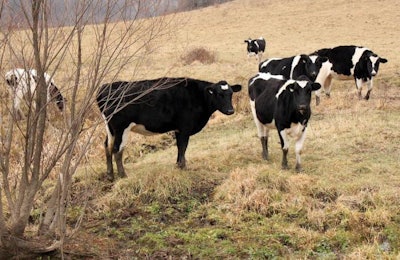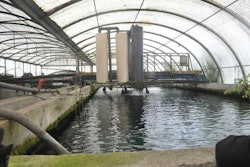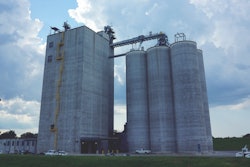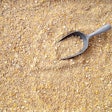
As part of a commitment to improving the welfare of farmers and livestock, the Indian government has offered support to better the genetics and nutrition of dairy animals in northern India, leading to a multitude of new dairy-related startups.
Following its commitment to raise living standards for dairy farmers, the Indian government is to provide sexed dairy semen at a subsidized price for milking cows and buffaloes in the northwestern Indian state of Punjab.
Union minister for animal husbandry, dairying and fisheries Giriraj Singh made the announcement at the 14th International Dairy and Agri Expo recently. Organized by the Progressive Dairy Farmers’ Association (PDFA), the event was held in Jagraon.
From next year, the sexed semen will be provided to selected owners at a cost of INR100 (US$1.41), reported Times of India. Full cost of the semen is INR1,200, according to the minister, and it is currently available with a partial subsidy at INR600.
Under the scheme, 600 villages have been selected to each receive 200 doses of sexed, quality semen. This will help to speed up breed improvements, and boost milk yield and quality, said Singh.
As well as improving the genetic quality and productivity of the cattle and buffaloes, the scheme aims to reduce the number of abandoned male cattle. These pose a “major threat to human life,” he said.
The Indian government has recently announced other changes to protect domestic milk production. It has voted to ban imports, and will spend INR135 million on disease prevention in dairy animals. Furthermore, all farmers owning two cattle will achieve a minimum annual income of INR300,000.
Milk safer than perceived, but poor quality
Adulteration and antibiotic contamination remain a problem in India, according to the Food Safety Standards Authority of India (FSSAI). However, the Authority reports there are fewer cases than generally perceived, reported Business Today. More than 93% of the 6,432 samples tested were safe to drink. However, 41% failed on one or more quality criteria.
Just 12 of the samples were found to be unsafe for human consumption due to adulteration, according to the Authority’s National Milk Safety and Quality Survey 2018.
FSSAI confirmed its commitment to zero tolerance on adulteration and contamination of milk.
India is among the countries that have recorded high levels of antibiotic resistance. Consumption of contaminated milk will likely exacerbate this situation.
Growth of dairy tech startups in India
Regular supplies of quality milk and dairy products free of contaminants are becoming an attractive proposition for India’s growing middle class. There is also growing awareness of animal welfare standards after announcements of government commitments on this issue.
These factors are drivers for the recent emergence of dairy tech startups, reported Inc 42 recently. Some of these provide deliveries — with or without other food products, and a subscription service. Others offer guaranteed organic produce. Dairy producers who supply these services stand to benefit from regular contracts and premium prices.
Cattle ranch, feed mill in Meghalaya
In the northeastern state of Meghalaya, the state government has announced it will set up a new cattle feed mill, and a ranch, reported NE Now. News of these developments was announced ahead of India’s National Milk Day at the end of last month.
Around 2,000 potential beneficiaries in the area have been identified for eventual support to boost cattle production, with 100 set to benefit in the initial phase.
To be located in the Ri-Bhio district, the new cattle feed mill will have a daily output of 250 metric tons (mt).
Milk is regarded as a good source of nutrition for people of all ages. The state of Meghalaya produces only about 86,000 mt of its estimated milk requirement of 230,000 mt.
There are three dairy plants in the state, according to the Meghalaya state government, with a total capacity is 14,000 liters. In addition, there are three chilling centers, one creamery and one facility producing ghee.
Anmol Feeds Pvt. Ltd. markets feeds for dairy cattle of all ages in north-eastern India. The firm recently inaugurated a new feed mill in Jammu & Kashmir in the north of the country.















